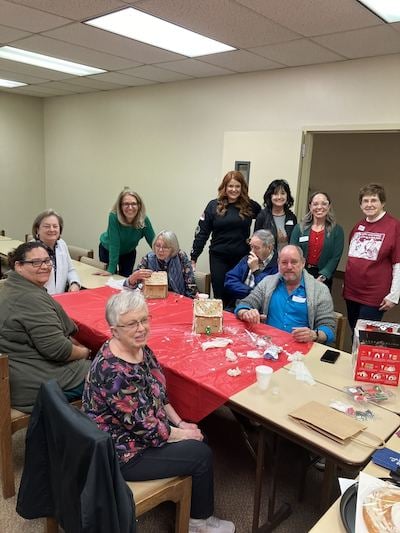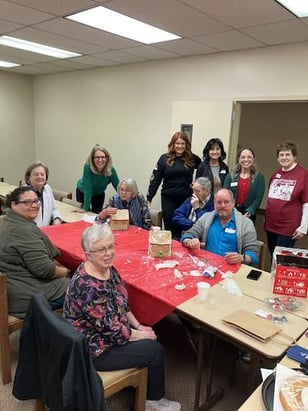Addressing the Healthcare Worker Shortage: How Service Learning Can Encourage Students to Choose Careers in Elder Care


The United States is currently facing a severe shortage of healthcare workers who are equipped and prepared to care for the aging population. This shortage is only expected to increase in the coming years, which will ultimately put a tremendous burden on the healthcare service delivery system. According to the U.S. Department of Health and Human Services Administration on Aging, approximately 40 million people in the U.S. were aged 65 or older in 2009, and this number is expected to reach at least 72 million by 2030. The majority of healthcare services are focused on older adults, making it crucial to have a sufficient elder care workforce.
One approach to addressing this shortage is to encourage college students to choose careers in elder care. However, there are several barriers in place that make this a challenging goal. Social phenomena such as ageism, lack of awareness of the need for workers, and a general lack of interest in and contact with older adults have been identified as factors that steer students away from working with seniors.
So, how can we motivate students to enter the elder care workforce? One promising solution is service learning.
This educational approach involves combining classroom instruction with community service projects that enrich students' learning experiences and promote civic engagement. Service learning has been shown to positively impact students' career choices and improve their attitudes towards working with older adults.
By participating in service learning projects that involve working with older adults, students gain hands-on experience and develop a better understanding of the importance of the elder care workforce.
They also have the opportunity to interact with seniors and challenge their preconceived notions about aging and senior care. As a result, students are more likely to consider careers in elder care and become advocates for the elder care workforce.
The theoretical framework for service-learning can be traced back to the works of the educational philosopher John Dewey and the experiential education research developed by David Kolb. Both emphasized active learning through experience, inquiry, and reflection. Dewey asserted that education involves the student’s participation in their own learning, rather than simply regurgitating information from the teacher. The four-stage model of experiential learning includes reflective observation, abstract conceptualization, active experimentation, and concrete experiences.
By attaching knowledge recall to an experience or contextual situation, students are more likely to remember and apply what they have learned.
Service-learning is “a form of experiential education in which students engage in activities that address human and community needs together with structured opportunities intentionally designed to promote student learning and development”. To be effective, service-learning must first meet a community need as identified by a partnered community-based organization. It must also be linked to an academic course, thereby enhancing the course curriculum, and participants should have the opportunity to reflect on their experiences both verbally and in writing.
Here's a case study from Northern Illinois University that is a great example of an internship and service-learning.
The photo shows our program partners, Texas Christian University school of Nursing and Dementia Friendly Fort Worth's Memory Cafe. Students are taking part in service learning by regularly leading arts and other intergenerational projects with attendees.
Many AGE-u-cate program partners are investing in service learning to educate and encourage students to move into elder care services, geriatric healthcare, or aging services. By engaging students directly with older adults through intergenerational activities, collaborative community initiatives, and focused internship projects, they are able to make a significant impact and inspire future generations to pursue careers in elder care.



